In a packed Cobalt Ballroom at the Fontainebleau Hotel and Casino in Las Vegas, the boisterous crowd of 3,500 erupted as Vasil Kamotskii, better known as Dumpling, delivered an open-handed slap that sounded like a thunderclap. His opponent, Kamil Marusarz, hit the floor instantly. The referees and medical staff rushed to check on Marusarz, whose limp body stirred just enough to assure the audience he was still breathing. Dumpling, a 360-pound pig farmer from Siberia, raised his fist in victory. For the fans, it was the undisputed highlight of the evening’s Power Slap event.
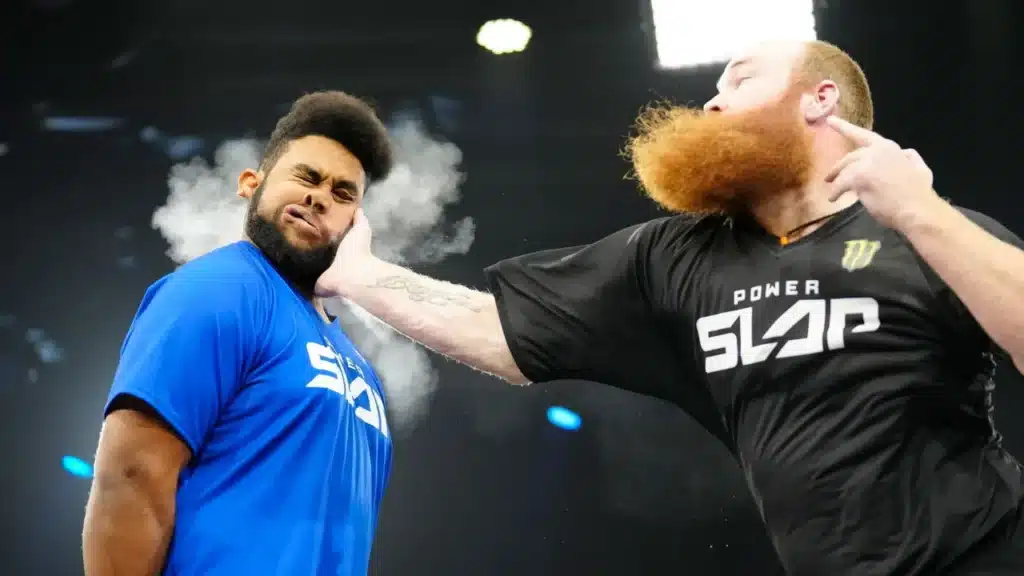
The brief 30-second bout was emblematic of Power Slap’s appeal: raw, brutal simplicity. Competitors stand their ground, trading ear-splitting slaps until one is knocked out or concedes. Dumpling, a pioneer in slap fighting, is revered for his viral YouTube videos that brought attention to the sport in Russia. His dominance has now reached international stages, thanks to Dana White, president of the UFC and the visionary behind Power Slap.
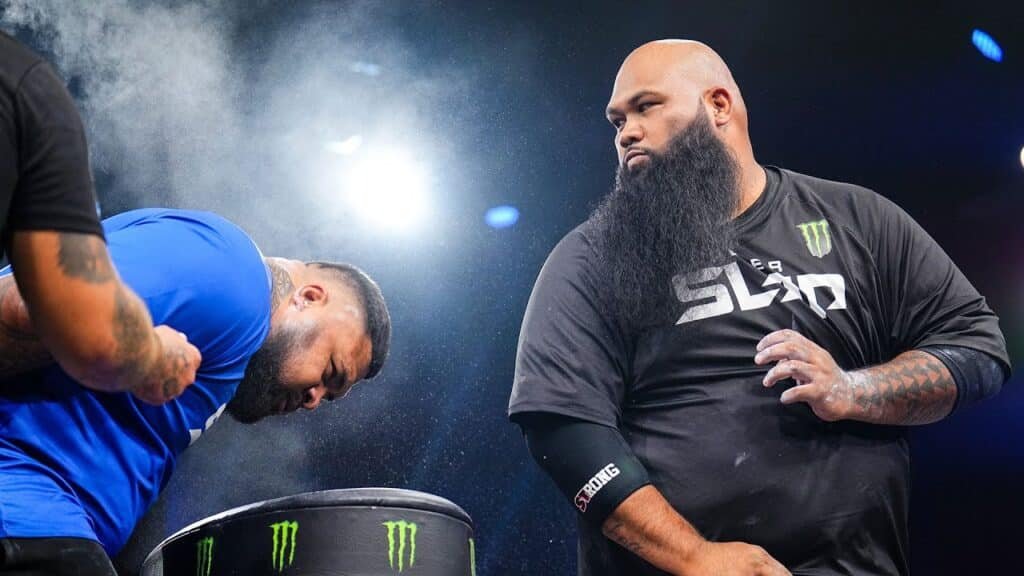
The Vision Behind Power Slap
Dana White was captivated by Dumpling’s viral videos in 2021. Inspired, he sought to professionalise slap fighting with “official rules” and a commitment to safety. The result was Power Slap, a league that White boasts has amassed over seven billion views across social media platforms like YouTube, TikTok, and Snapchat. “Power Slap has gained over a million and a half Instagram followers just in 2024,” White noted, comparing its growth favourably to established sports like NASCAR and Major League Baseball.
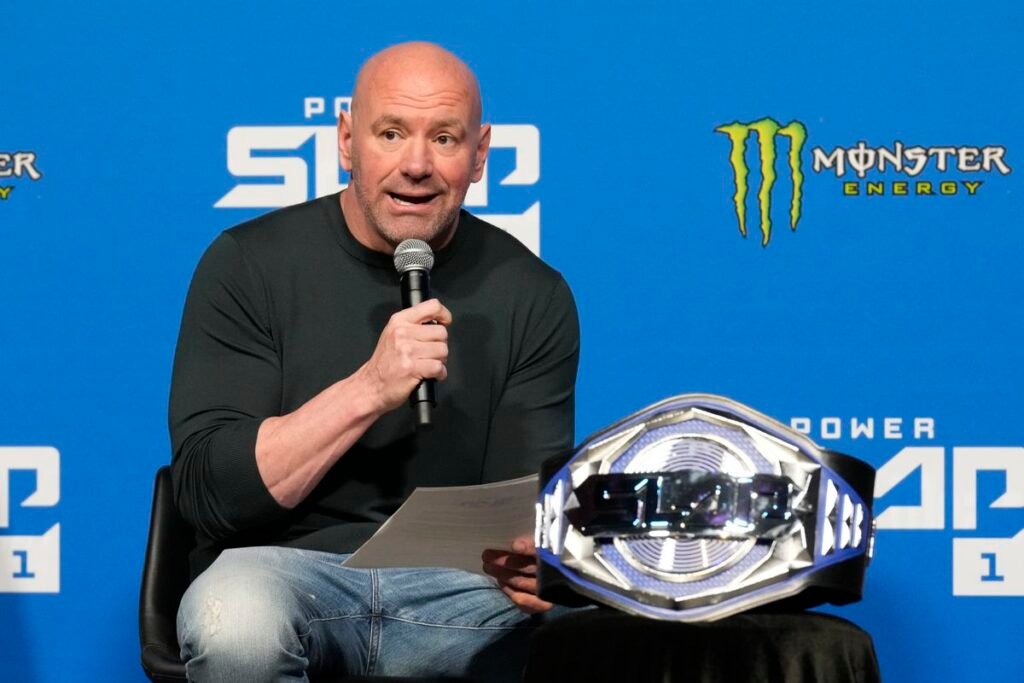
Power Slap’s rapid rise to prominence has been fuelled by its shocking appeal and controversial reputation. The league’s events are streamed live, with clips flooding social media, often accompanied by apocalyptic commentary about the state of humanity. Yet, as White points out, “Negative comments drive engagement. Whenever you leave a bad comment on a Power Slap video, that helps me, so thank you.”
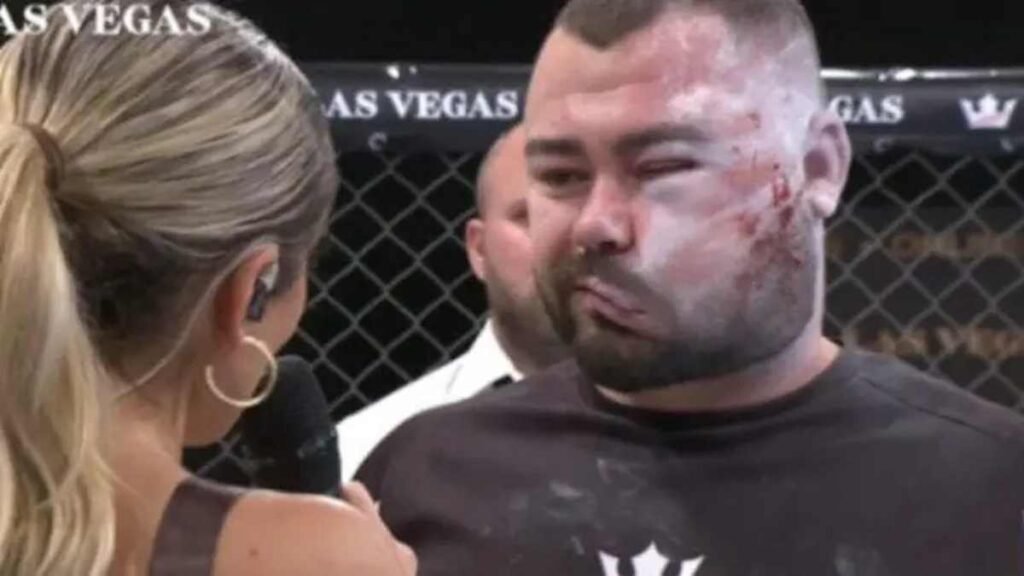
Extreme Risks, Limited Defenses
Slap fighting’s inherent risks are undeniable. Unlike other combat sports, participants cannot defend themselves, leaving them vulnerable to repeated blows to the head. Dr. Gregory O’Shanick, medical director at the Brain Injury Association of America, argues that the sport’s very premise is antithetical to safety. “This is not a sport,” he said. “It’s merely your physiological ability to withstand blunt-force trauma to the head.”
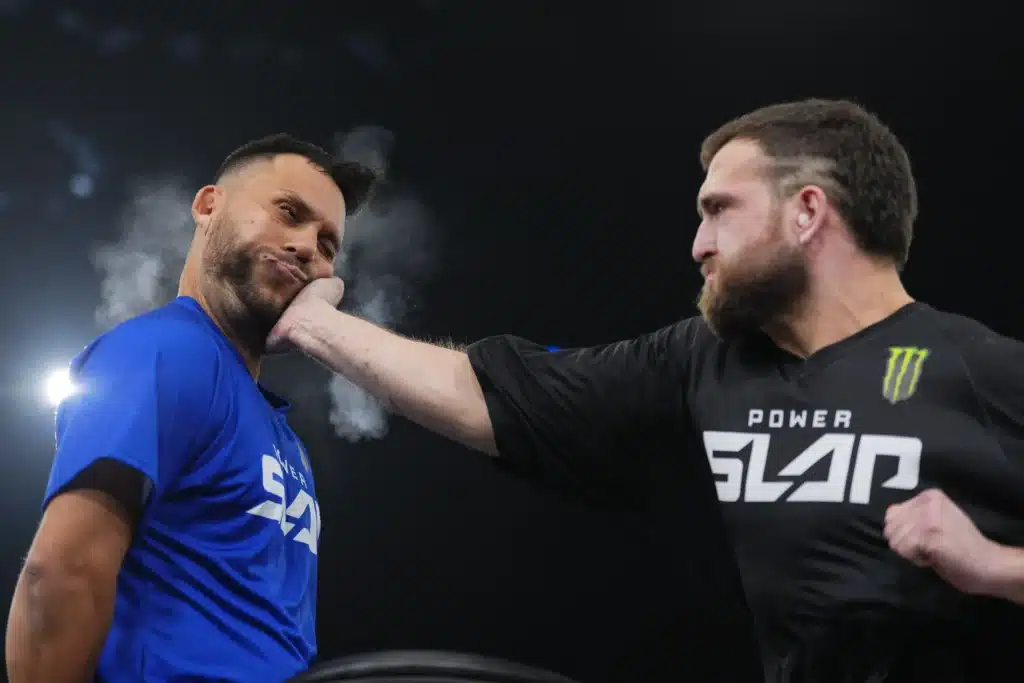
Despite such warnings, Power Slap insists on its safety measures. Competitors undergo rigorous medical evaluations, including MRIs, MRAs, electrocardiograms, and eye tests. Multiple referees and emergency medical teams are present at every event. White points to the UFC’s track record, noting, “Never a death or serious injury in 30 years of the UFC. We’re making Power Slap as safe as you can possibly make it.”
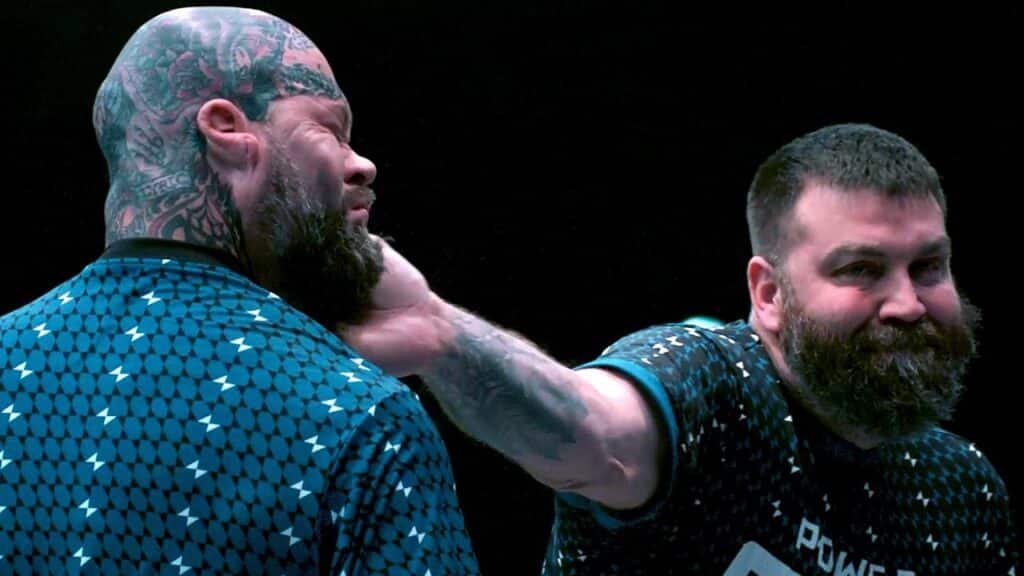
However, critics argue that no amount of regulation can mitigate the fundamental risks. Dr. O’Shanick predicts fatalities, citing the high likelihood of concussions, hearing loss, and chronic traumatic encephalopathy (CTE). The lack of defensive options only exacerbates the dangers. “There will be deaths from this. There is no doubt,” he warned.
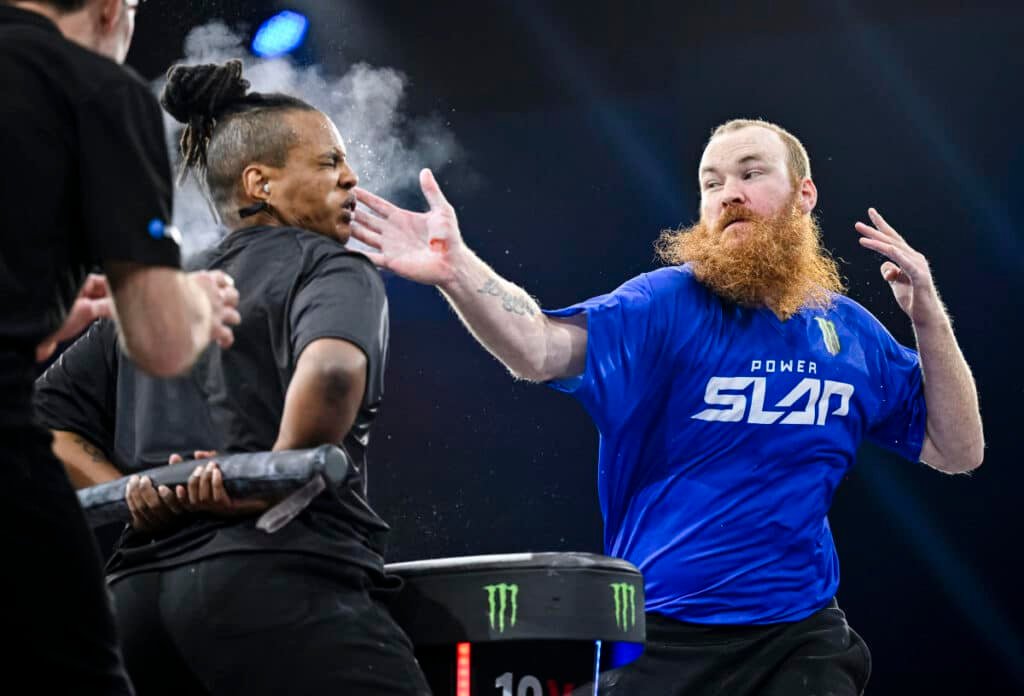
A Polarising Public Response
Power Slap’s combination of spectacle and violence has drawn both fans and detractors. For its enthusiasts, the league represents an electrifying new form of entertainment. For critics, it embodies a troubling descent into sensationalism. Online, reactions range from mockery to moral outrage. Yet, the deluge of attention, positive or negative, only bolsters the league’s visibility.
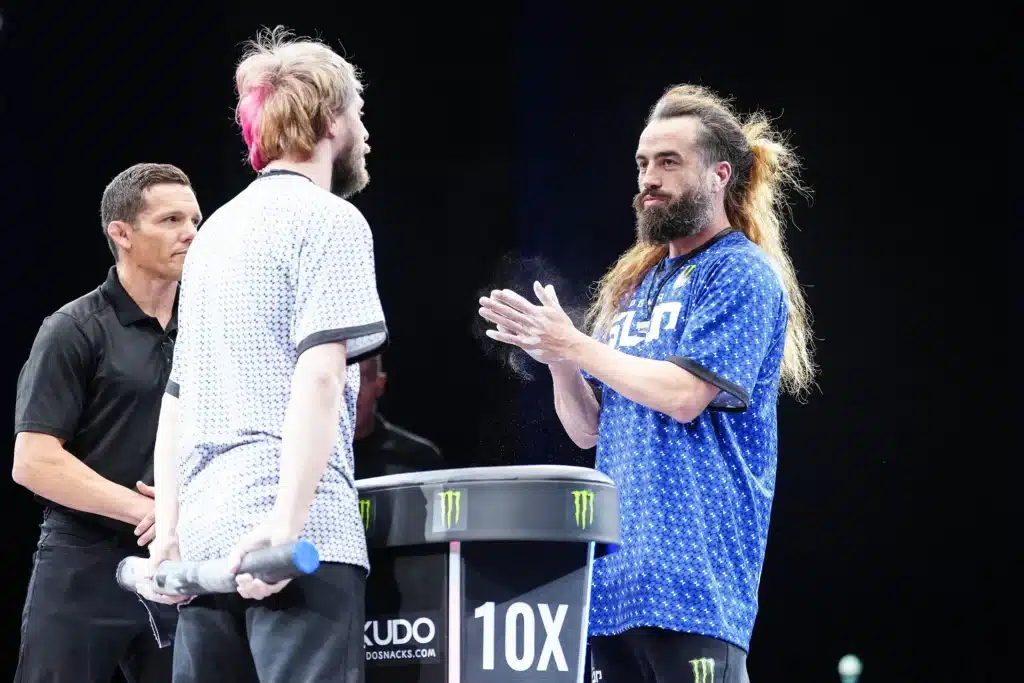
Social media’s role in Power Slap’s rise cannot be overstated. Algorithms favour high-engagement content, and Power Slap’s shocking clips deliver just that. Videos of brutal knockouts and dramatic moments often go viral, reaching audiences far beyond traditional sports fans. “People are acting like someone got hit with a baseball bat,” White said, laughing. “It’s just a slap.”
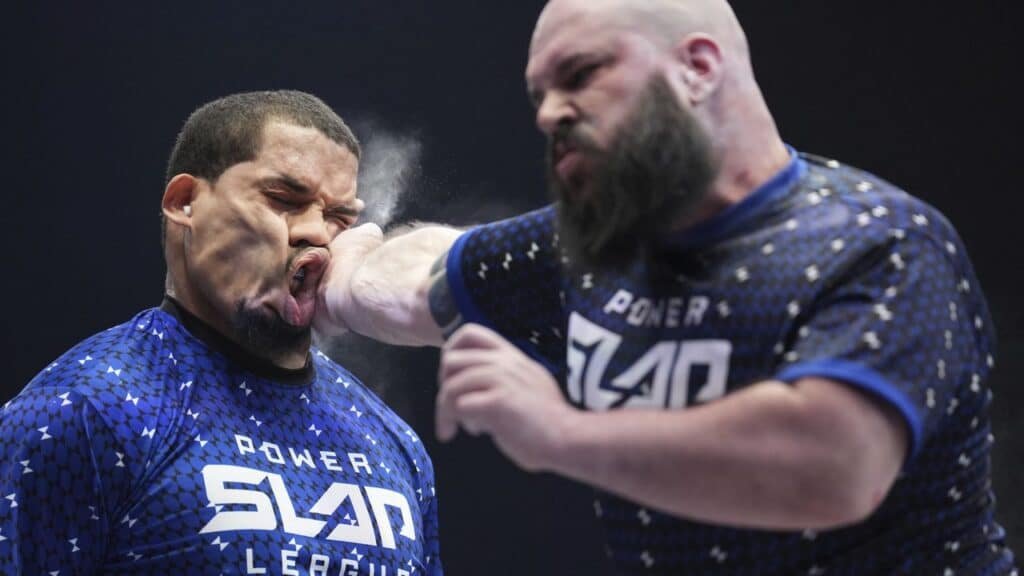
The Fighters’ Perspective
For participants like Dayne Viernes, better known as Da Crazy Hawaiian, slap fighting is a calculated risk. Viernes, the reigning super heavyweight champion, acknowledges the dangers but chooses to focus on the rewards. “Right now, I’m listening to my body, and I hear it very well,” he said. “I don’t believe it will affect me the way some people think.”

Viernes’ triumphs are celebrated by fans, but his journey raises questions about the long-term consequences of slap fighting. Critics worry that impressionable children might mimic the sport’s brutal dynamics, leading to injuries on schoolyards. Dr. O’Shanick cautions against normalising such behaviour. “Eventually, all the people engaged in this are going to die out, and you’re not going to have to worry about that population reproducing,” he quipped grimly.

A Historical Parallel: UFC’s Path to Legitimacy
White draws parallels between Power Slap and the UFC, which faced similar criticism in its early years. Dismissed as barbaric and unregulated, the UFC fought for decades to gain acceptance. Today, it generates over $1 billion annually and boasts millions of pay-per-view viewers.

White believes Power Slap can follow a similar trajectory. By embracing regulation and establishing a fan base, the league aims to transform slap fighting from a viral curiosity into a legitimate sport. “They said the same things about the UFC,” White remarked. “And look where we are now.”
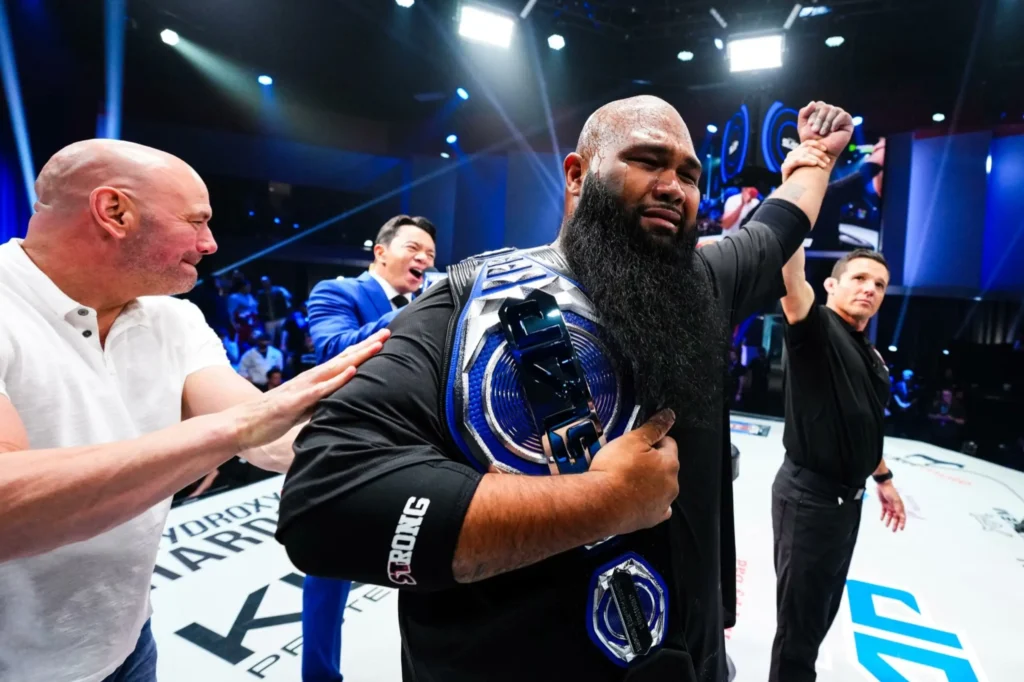
The Future of Power Slap
As Power Slap grows, it faces an uphill battle to balance entertainment with ethical concerns. The league’s reliance on social media ensures continued exposure, but it also amplifies scrutiny. Whether Power Slap can achieve long-term legitimacy remains uncertain, but for now, its popularity shows no signs of waning.

At the end of the Las Vegas event, Da Crazy Hawaiian stood triumphant, championship belt in hand. When asked if he would face Dumpling in a future bout, his answer was emphatic: “I want Dumpling so bad. Feed me! Feed me!”
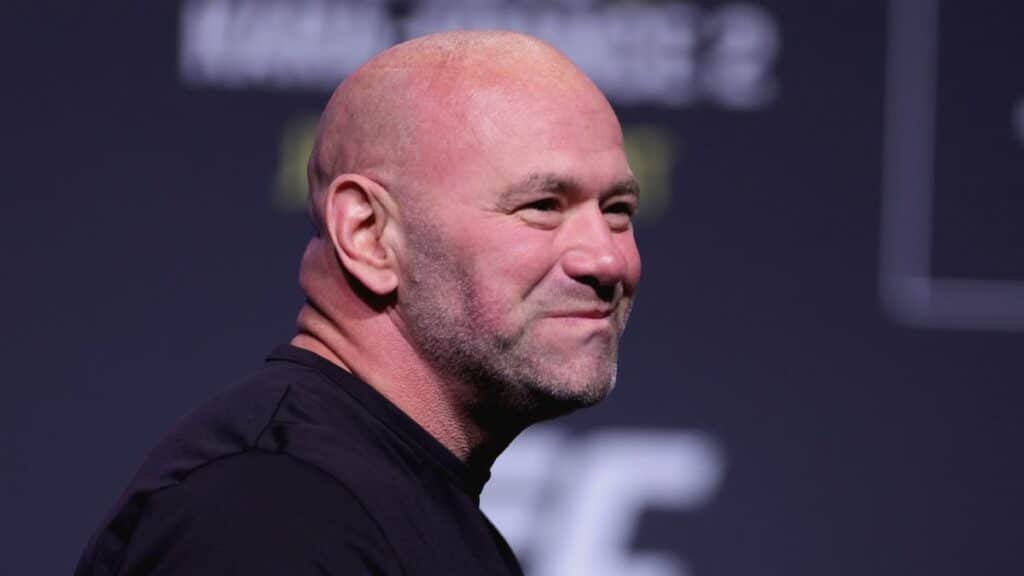
Love it or hate it, Power Slap is here to stay. As Da Crazy Hawaiian put it, “Like it or not, this is a sport. And whether they like it or not, we’re doing it anyway.”



